
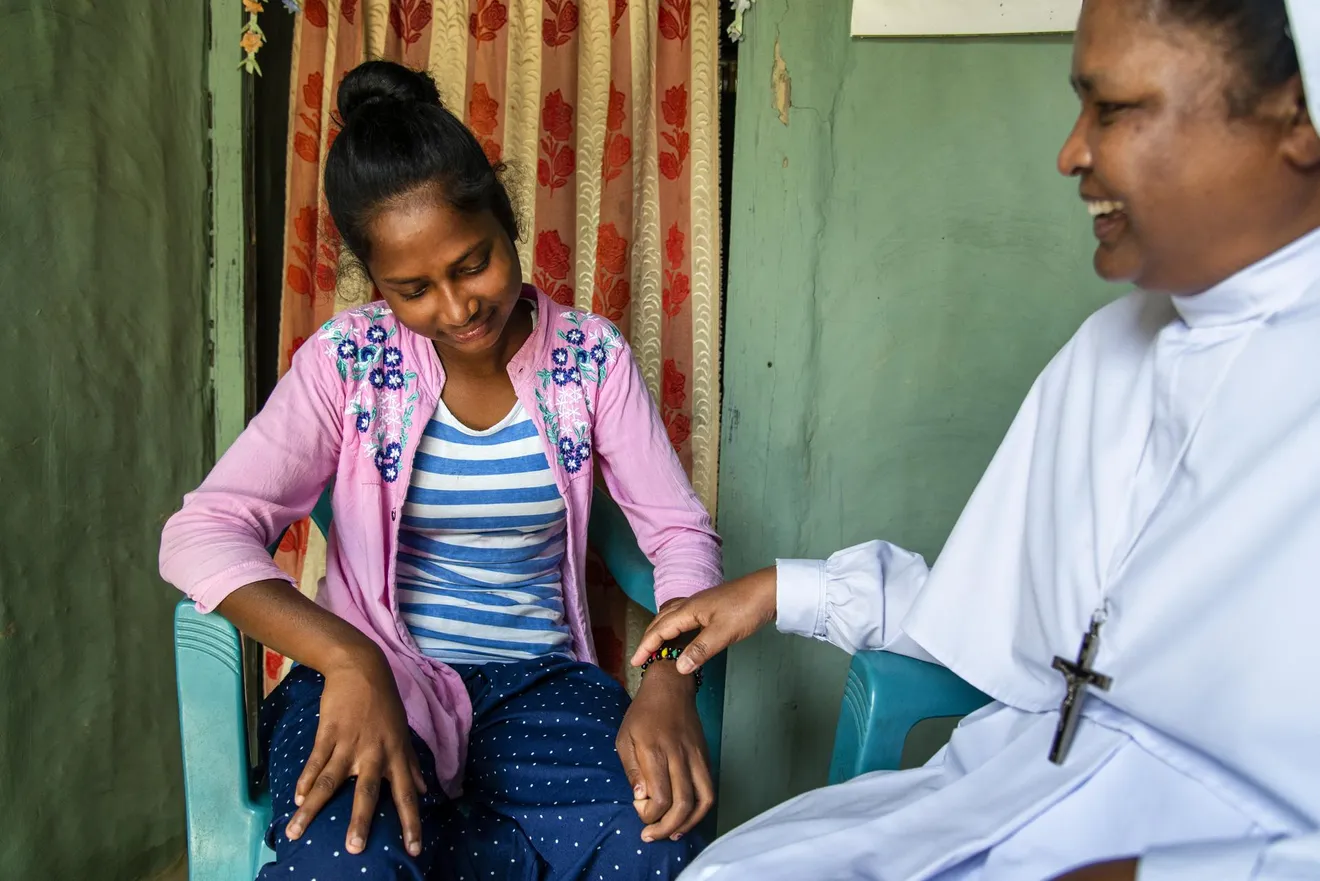
Client: Missio
Date: March 2021
Photographer: Ranita Roy
Location: India, Guwahati
According to the International Labour Organisation (ILO), more than 40 million people are victims of slavery and human trafficking every year. Due to the great poverty, human trafficking is more common in the north-east of India than in other states. Young women, whose career are particularly affected, whose career prospects are often limited to poorly paid work in the tea plantations in Assam, are particularly affected. The Centre of Development Initiatives (CDI) of the Missionary Sisters of Mary Help of Christians, supported by missio, looks after trafficked girls and their families in the city of Guwahati.
Client
Missio
Visual Creator
Ranita Roy
Theme
Human Trafficking
Locations
India, Guwahati
Date
March 2021

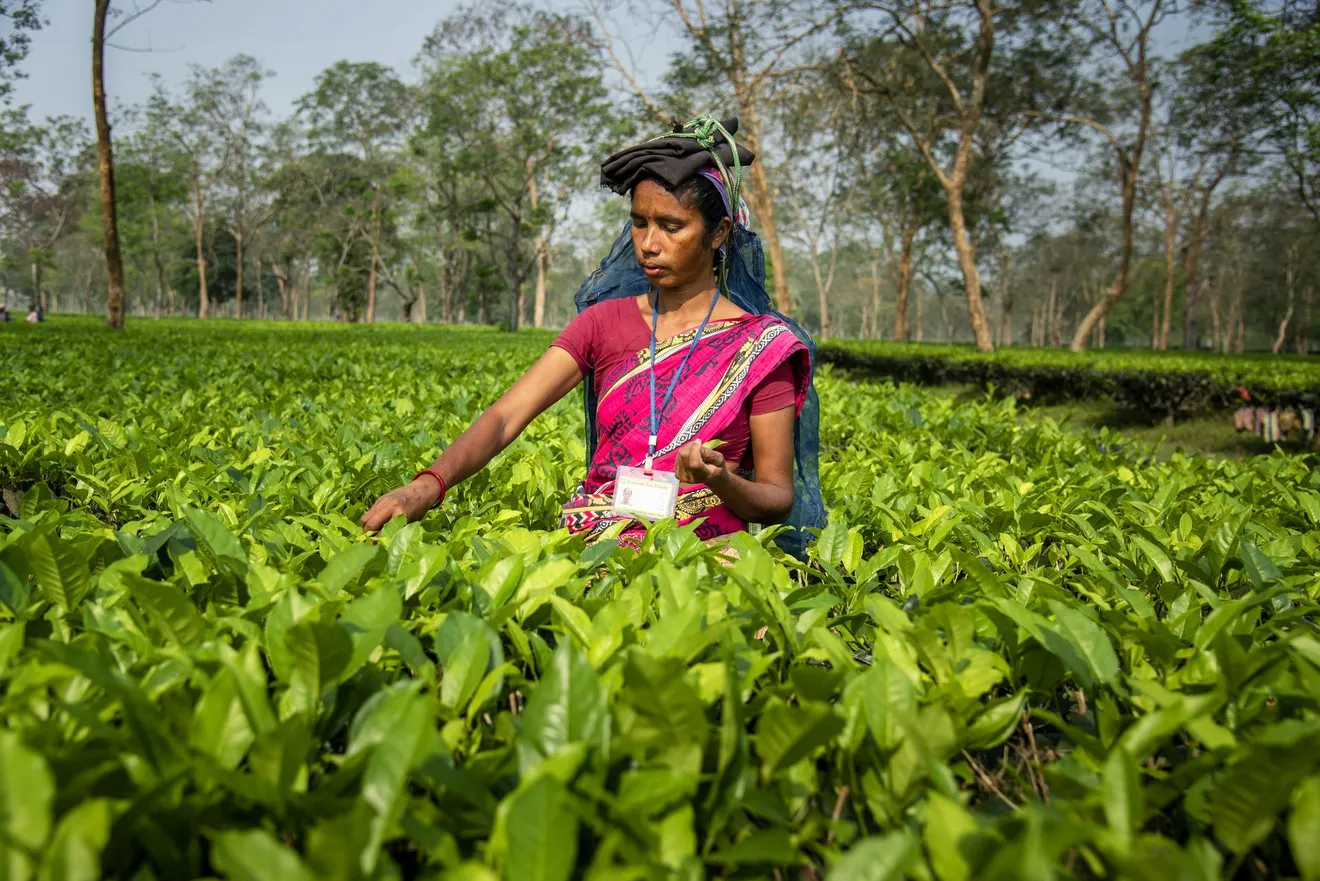
Client: Missio
Date: March 2021
Photographer: Ranita Roy
Location: India, Guwahati
Bijoya Biha (35), the mother of Elisha Biha attended school only up to the fourth grade. She works in a tea plantation in Doomni, Baksa, Assam. “The wages in the tea plantation are not enough to support a family.”
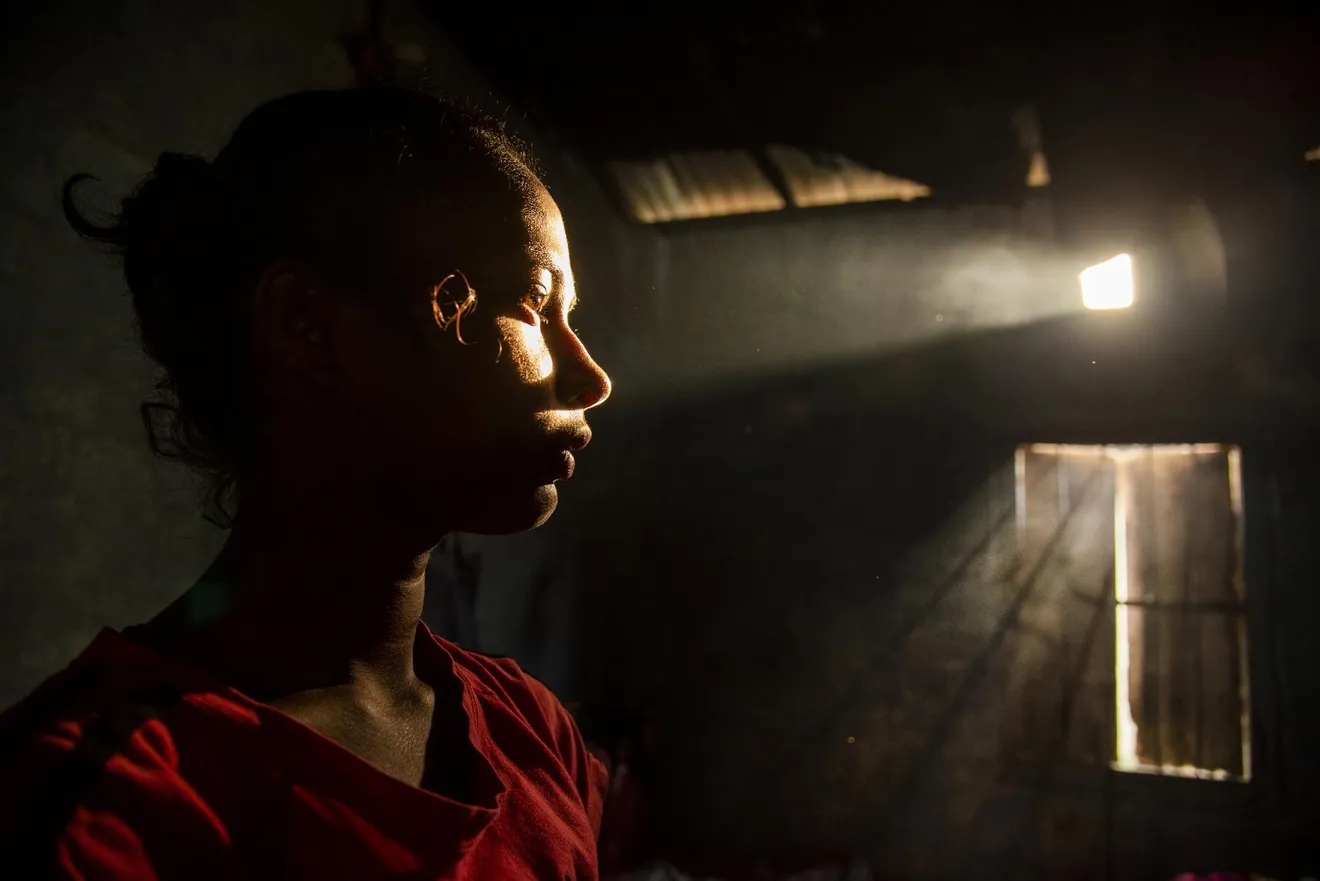
Client: Missio
Date: March 2021
Photographer: Ranita Roy
Location: India, Guwahati
Elisha Biha (16) sits in her room in Doomni, Baksa, Assam. She regrets that “my life could have been different if I had not been trafficked”.
After Elisha Biha was freed from the hands of traffickers, she and her family were supported and advised by CDI. Her mother's income from her work in a tea plantation is not enough to pay for her family.
Elisha Biha in conversation with Ranita Roy
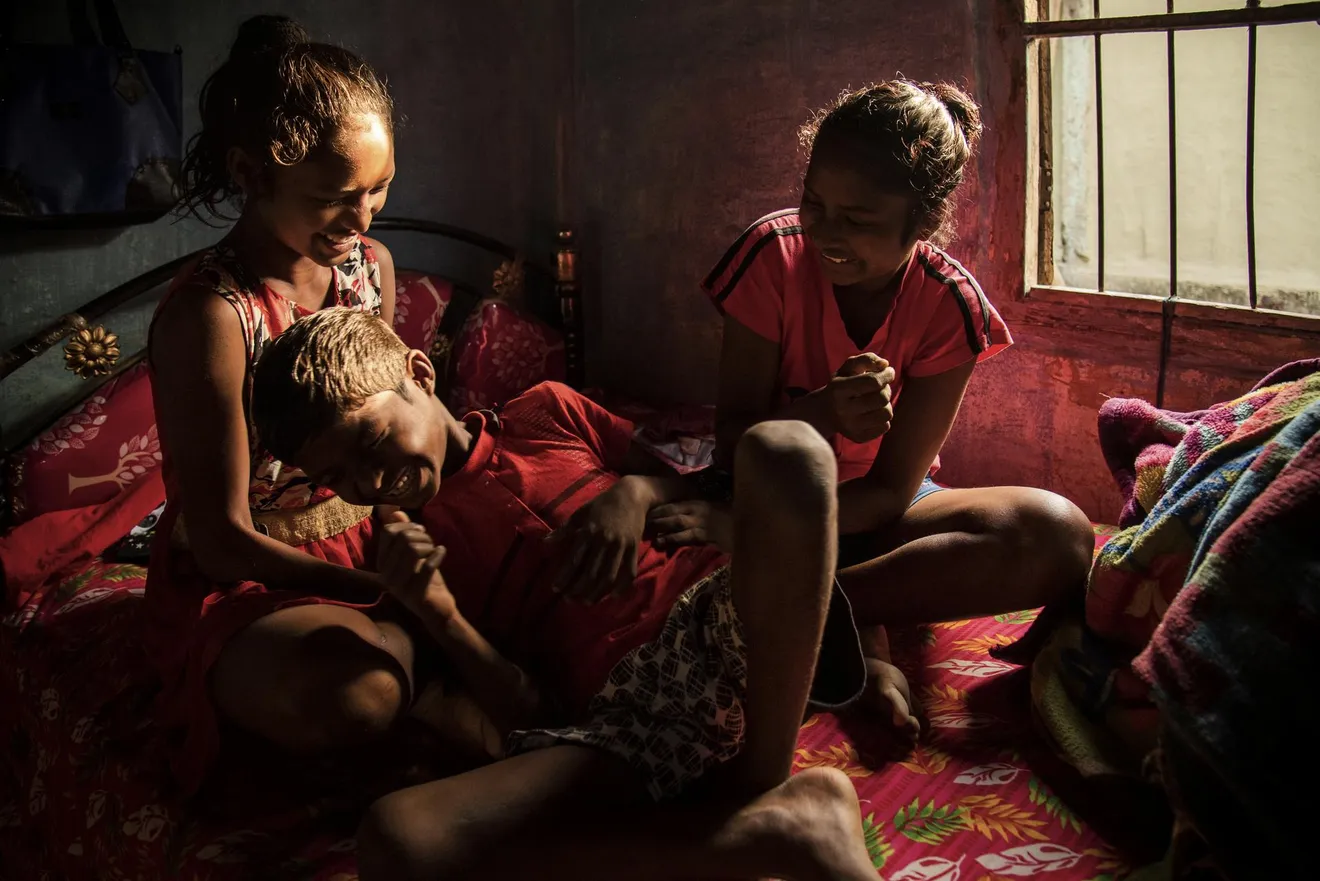
Client: Missio
Date: March 2021
Photographer: Ranita Roy
Location: India, Guwahati
Elisha Biha (right) plays at home with her sister Sumitra (12) and her brother Sumit (8). While the mother works on the tea plantation, the eldest daughter takes care of the housework.
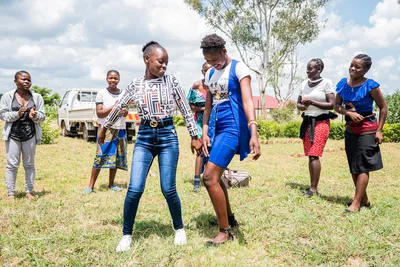
April 2023 - German Agency for International Cooperation (GIZ)
Get an insight into the workshops of Fairpicture using the example of the German Agency for Int. Coop. (GIZ)
Learn more about Interactive, practice-oriented workshop
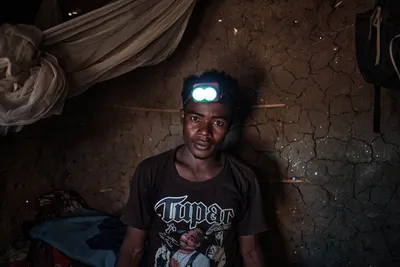
August 2025 - missio - International Catholic Mission Society
Behind products we use every day lie untold human stories. This project with missio captures life at the origin of the mica trade.
Learn more about Glimmer of Hope: Faces Behind Madagascar’s Mica Mines
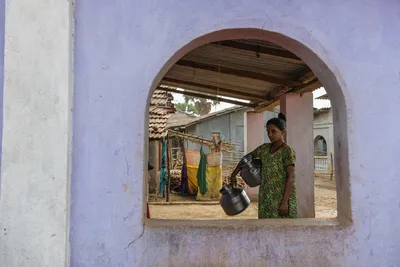
May 2022 - Grundfos Foundation
The Palgarh district is one of the driest terrains in India. Fairpicture photographer Avijit Ghosh documented the installation of water pumps and got fascinated on how it’s changing people’s lives.
Learn more about The veins of water